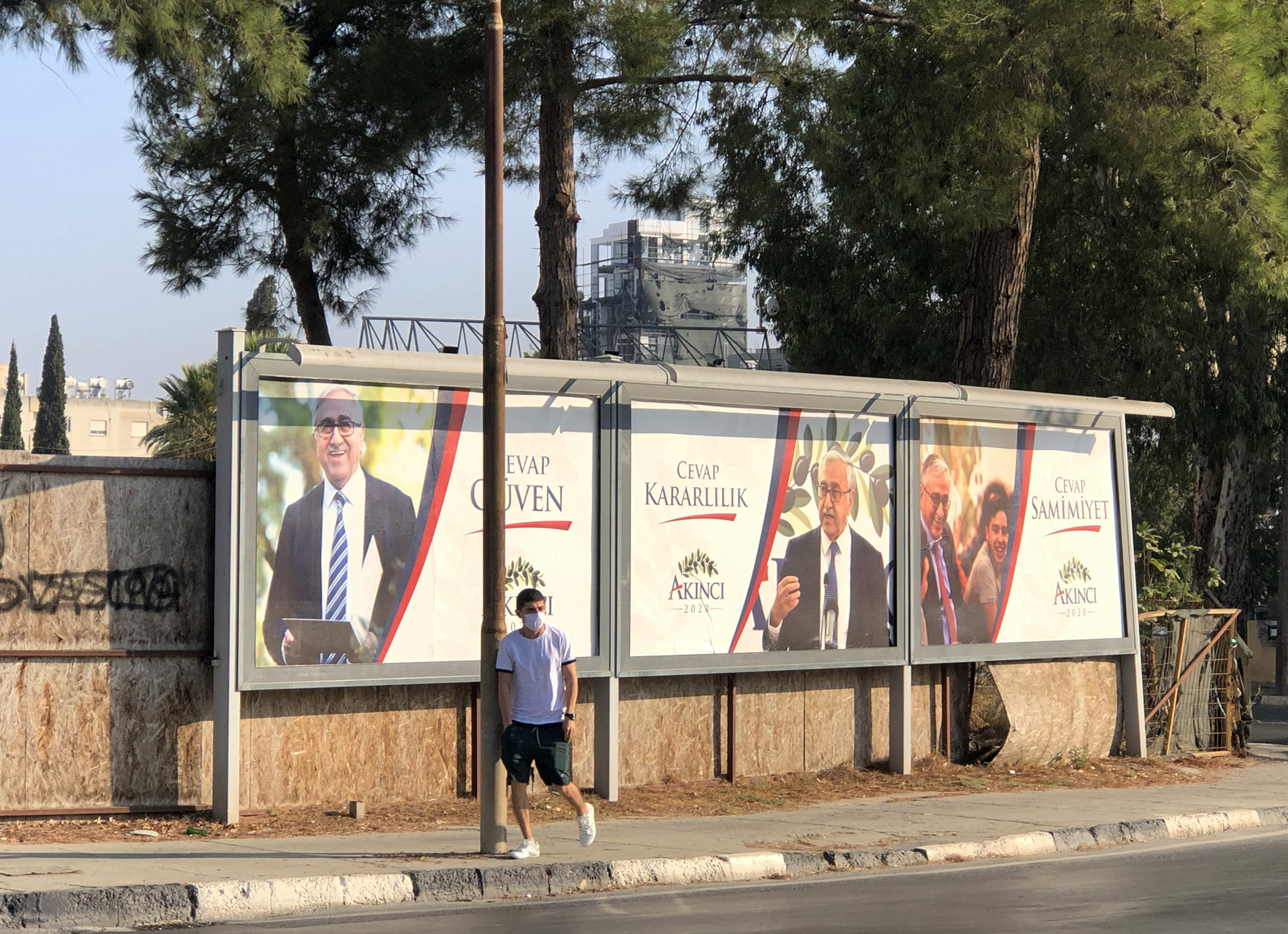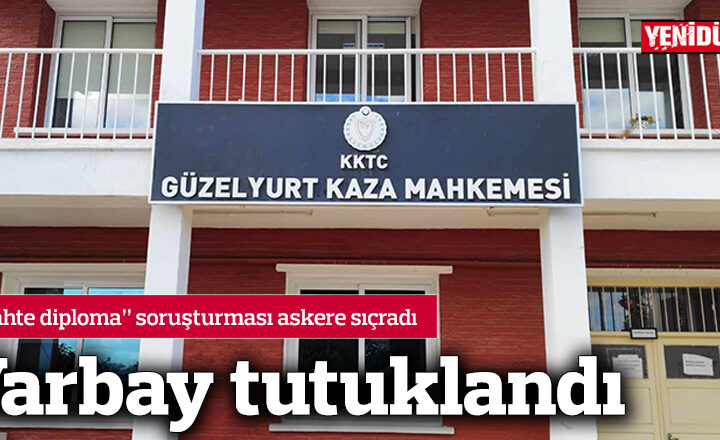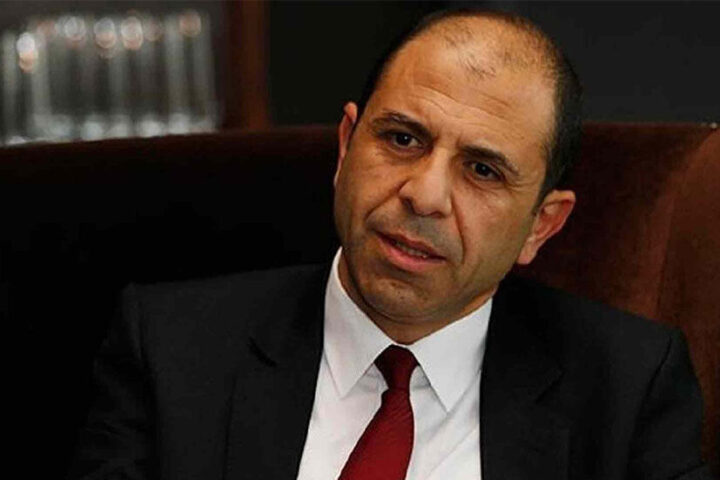Incumbent Mustafa Akinci and Ankara’s chosen Ersin Tatar cast their votes Sunday in the second round of elections for Turkish Cypriot leader that could also revive peace talks on the divided island or halt them for good.
In comments after voting, Akinci said that events happened that shouldn’t have and hoped they would never occur again, implying Turkey’s meddling in the election process in favour of hard-line challenger Tatar.
“When, as Turkish Cypriots, one day we look back at October 18, 2020, I hope they remember it as a day of pride for Turkish Cypriot democracy. I hope that the election results will be good for our community, our island and our region,” Akinci said.
The election result is expected to be very close after right-wing Tatar and Akinci had garnered the most votes in the first round a week earlier, about 30% and 32%, respectively.
With nationalist parties throwing their support behind Tatar, Akinci has set his hopes on the 21% of votes in favour of Tufan Erhurman of the left-wing CTP, also a supporter of a federal solution to the Cyprus problem, whose party officially endorsed Akinci during the week.
Apart from the presidency of the unrecognised ‘Turkish Republic of Northern Cyprus’, the election is also seen as a standoff between a pro-solution desire to the decades-old division of the island and direct rule by Ankara, with President Erdogan accused of meddling in favour of his chosen candidate, Tatar.
Akinci represents the strive for a bizonal and bicommunal federal solution to the Cyprus problem, which breaks away from Ankara’s foreign policy.
He is seen as a politician who has developed left-wing policies not always in line with Turkey and is known for his head-on confrontation with Turkish President Erdogan.
Tatar’s UBP party is traditionally hardline when it comes to the Cyprus issue with much of the party openly supporting a two-state solution.
Turkish Cypriots cast their votes in the first round amid international outcry that the pro-Erdogan candidate opened the Varosha beachfront in the occupied north as a last-ditch effort to undermine the peace talks and reunification with the Greek Cypriots.
Voter turnout was estimated at 54% of the nearly 199,000 registered voters, challenged by a record 11 candidates.
Tatar was first past the post with 32.35% of the votes, followed closely by Akinci at 29.84%, Tufan Erhurman 21.68%, Kudret Ozersai 5.74%, Erhan Arikli 5.36% and Serdar Denktash 4.20%.
Authorities in the Turkish occupied north opened part of fenced-off Varosha’s beachfront to visitors for the first time in 46 years ten days ago, in what incumbent Akinci called an election stunt.
He argued the opening of Varosha was planned to boost support for ruling coalition leader Tatar, head of the right-wing National Unity Party UBP.
The opening of Varosha was announced by Tatar and Turkey’s President Recep Tayyip Erdogan earlier in the week, after Tatar had visited Ankara, despite a ban on statements from candidates.
Coalition partner and former negotiator for the Turkish Cypriot side Kudret Ozersay said his coalition partner Tatar had essentially gone behind his back and announced the opening of Varosha without informing him or his People’s Party (HP).
In earlier comments to the Financial Mirror, Dr Okan Dagli, member of the bicommunal Famagusta Initiative, said reopening Varosha under Turkish Cypriot control is not what a large part of the society in the north agree with.
“As members of the Famagusta Initiative we have been fighting for the opening of Varosha, but not this way… Varosha is not something that can be sacrificed in the name of politics or an election,” said Dagli.
He said that the initiative supports the reopening of Varosha under the control of the United Nations.
Dagli added: “The fate of Varosha should be decided jointly by the legitimate inhabitants of the town, Greek Cypriots and Turkish Cypriots who have lived here in the past”.
The north has opened up about 1.5 km of beachfront to the public, but not the 6 sq km fenced off area that includes abandoned hotels and residences which its population of some 40,000 people fled in 1974 during the Turkish invasion.










